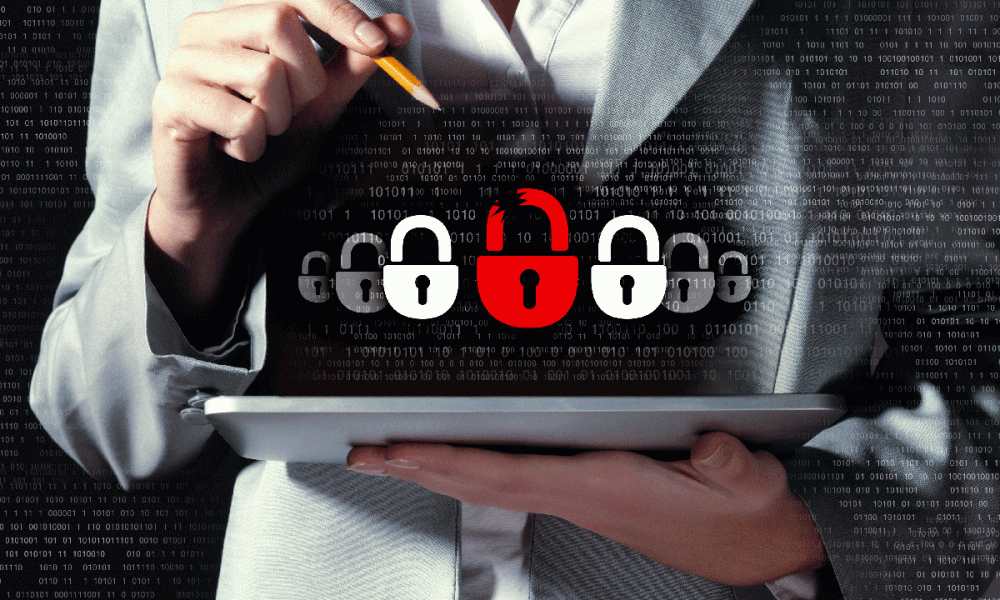Importance of Business Record Protection to Business Continuity

Records of all kinds can be extremely important to the health of your business. Yet records, reports, receipts and other documents are quite vulnerable to dangers such as flooding, fire and theft. Even electronic records, whether kept on your computer or on external devices, can be damaged or stolen. That’s why it’s so important to do everything possible to safeguard your records. Let’s look at some of the best strategies for doing so.
Identify the Most Important Records
Not all documents and records have the same value. Some may be outdated and even irrelevant. Others may be convenient to have but not vital. The ones you should be most concerned with are those records that are essential in some way. You should identify those records that are necessary for business or legal reasons. For example, any documents that you might have to produce for tax reasons or show to a regulatory agency can be considered vital.
Best Strategies to Safeguard Vital Records
Once you have determined which records are vital, you will want to take measures to ensure their safety. Here are some of the most effective ways to do this.
• Keep Records Physically Safe: This includes the type of storage you provide as well as the safety systems to protect against disasters. Make sure there is a working sprinkler system nearby. Records should be stored in secure, fireproof containers or file cabinets. Important records should not be kept too close to the floor in case of flooding. You should also avoid storing records in rooms that are humid or moist, as this can result in damage due to mildew and mold.
• Duplicate Records: Having duplicate copies of important records, stored in a separate location from the originals, is one of the most effective ways to ensure that you don’t lose vital information. To be really safe, it’s best to have both physical and electronic copies. The safest way to store information digitally is at a remote location, using a cloud based service. In certain situations, however, you may prefer to have them on a flash drive or CD/DVD. For example, you may not want records with sensitive information online or on the cloud, where it could be vulnerable to hacking.
• Outsource Records Storage: One way to secure your documents is to hire a trusted third party to store them for you. There are document management companies that specialize in converting paper records into electronic files. This comes at a cost, but it saves you space and removes the pressure of having to worry about storing your valuable records.
• Dispose of Records Securely: Another aspect of managing records securely is disposing of them in a secure manner. Paper records should always be thoroughly shredded and never simply dumped in public dumpsters. Similarly, when disposing of electronic storage devices such as hard drives, flash drives, CDs or DVDs, these devices should be completely destroyed to render them unusable.
Records can be very important for legal or business reasons. You should take measures to safeguard vital records at all times and, when appropriate, dispose of them properly. You want to be sure that you can retrieve an important document if you ever need to. You also want to ensure that documents don’t get into the wrong hands. https://nationaldisasterrecovery.org/advantaclean-of-norcross-and-buford/











Facebook
RSS